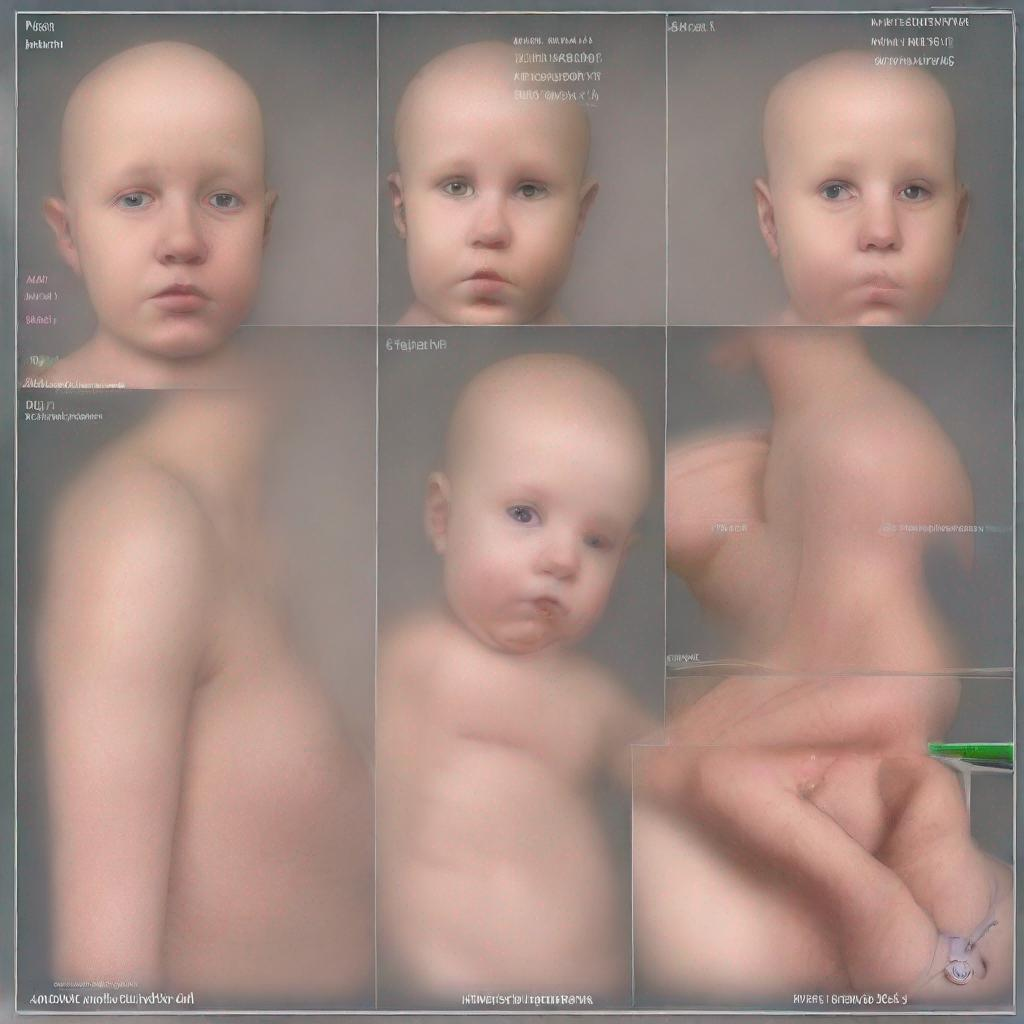## Stool Culture: A Comprehensive Guide to Diagnosis and Treatment
**Introduction**
A stool culture is a medical test that analyzes a sample of stool (feces) to identify the presence of bacteria, parasites, or other microorganisms. It is used to diagnose various gastrointestinal infections and determine the appropriate treatment plan.
**Procedure**
The test involves collecting a sample of stool using a sterile container. This can be done at home or in a doctor’s office. The sample is then sent to a laboratory for analysis. In the laboratory, the stool sample is incubated in a culture medium that promotes the growth of microorganisms. After a period of time, the culture is examined under a microscope to identify any bacteria, parasites, or other microorganisms that have grown.
**Diagnosis**
A stool culture can help diagnose a wide range of gastrointestinal conditions, including:
* **Bacterial gastroenteritis:** Infection of the stomach and intestines caused by bacteria such as Salmonella, Shigella, or Campylobacter.
* **Clostridium difficile infection:** A bacterial infection of the colon that can cause severe diarrhea.
* **Diarrhea:** Frequent, loose, or watery stools.
* **Food poisoning:** Illness caused by eating contaminated food.
* **Inflammatory bowel disease:** A chronic condition that causes inflammation of the digestive tract.
* **Irritable bowel syndrome:** A common functional disorder of the intestines that causes abdominal pain, diarrhea, and constipation.
* **Salmonellosis:** Bacterial infection caused by Salmonella bacteria.
* **Shigellosis:** Bacterial infection caused by Shigella bacteria.
**Importance**
A stool culture is an important test for diagnosing gastrointestinal infections because it can identify the specific microorganisms causing the infection. This information helps doctors tailor the treatment plan to the specific pathogen.
**Alternatives**
In some cases, alternative tests may be used to diagnose gastrointestinal infections. These include:
* **Blood test:** Can detect antibodies against specific pathogens.
* **Microscopic examination of stool:** Can identify parasites or ova.
**Preparation**
No special preparation is required for a stool culture test. However, it is important to collect a fresh sample of stool and avoid contaminating the sample with urine or water.
**Duration**
The test usually takes 2-3 days to complete. Results are typically available within 1-2 days after the sample is collected.
**Recommendations**
In conjunction with or following a stool culture, other relevant tests may be recommended to fully diagnose a gastrointestinal condition. These tests may include:
* **Imaging tests:** X-rays, CT scans, or colonoscopy to visualize the digestive tract.
* **Blood tests:** To check for electrolytes, blood counts, and other markers of inflammation.
* **Breath tests:** To detect specific gases produced by bacteria in the digestive tract.
By combining the results of a stool culture and other tests, healthcare providers can accurately diagnose and effectively treat gastrointestinal infections.




